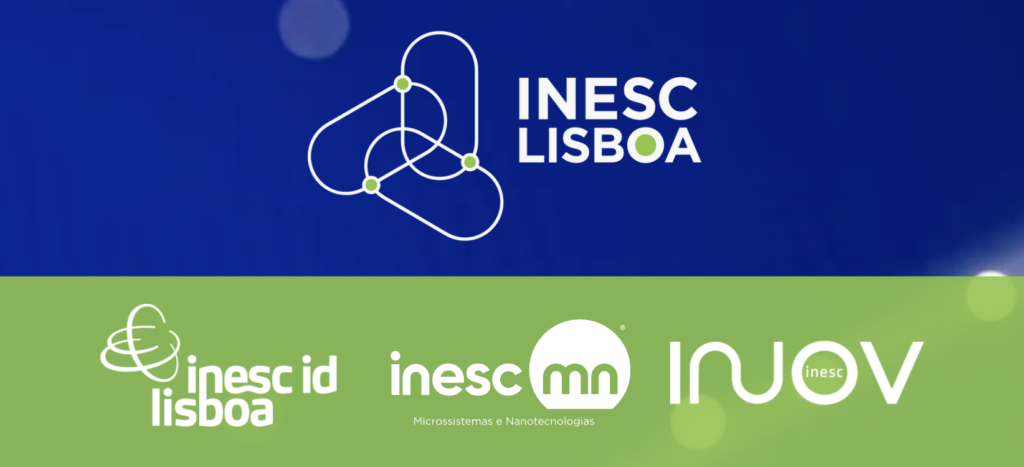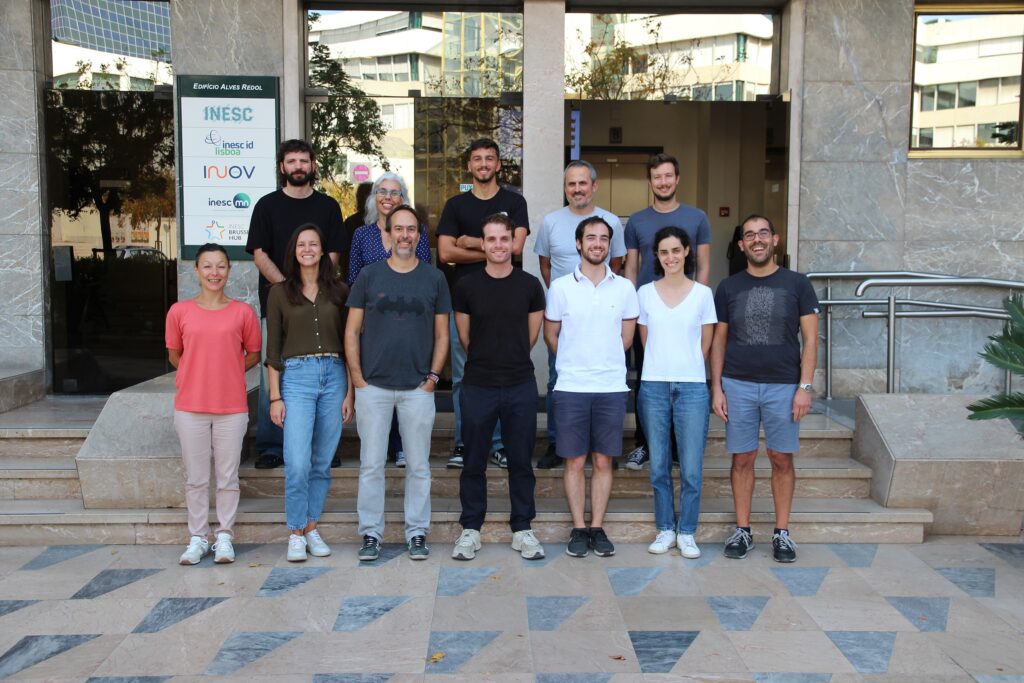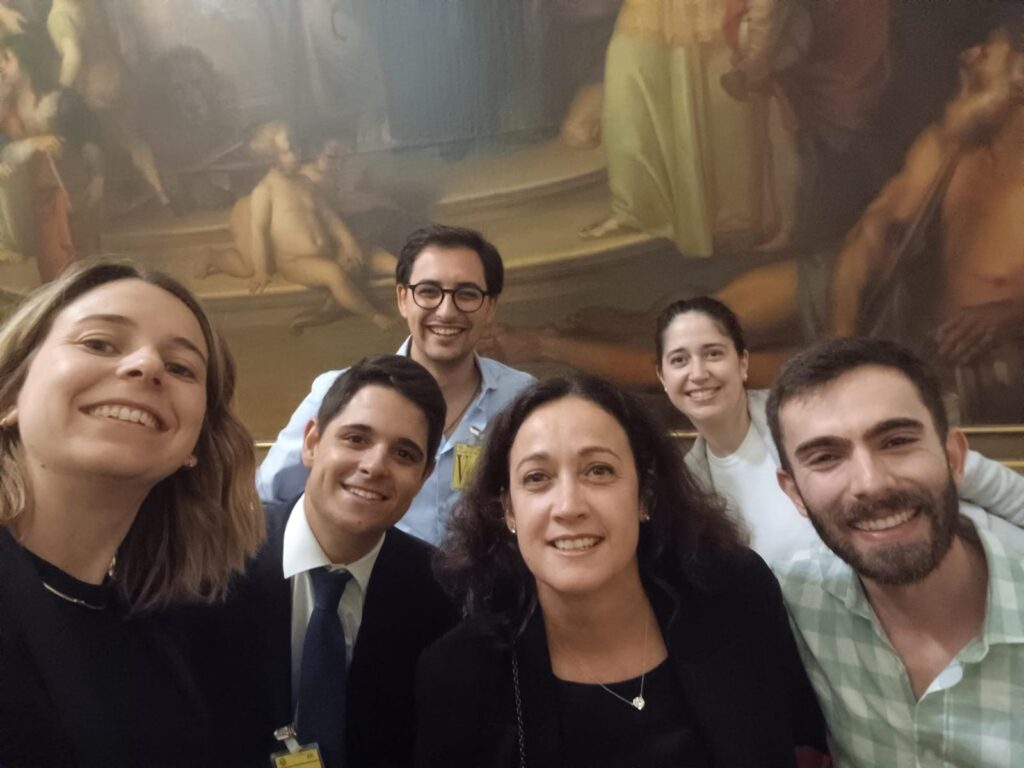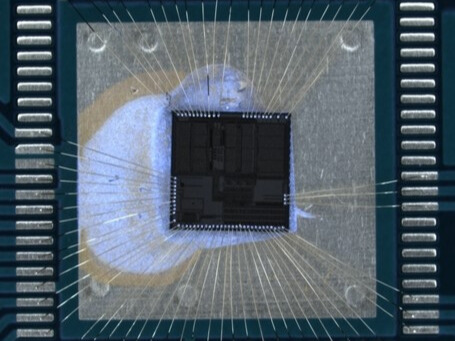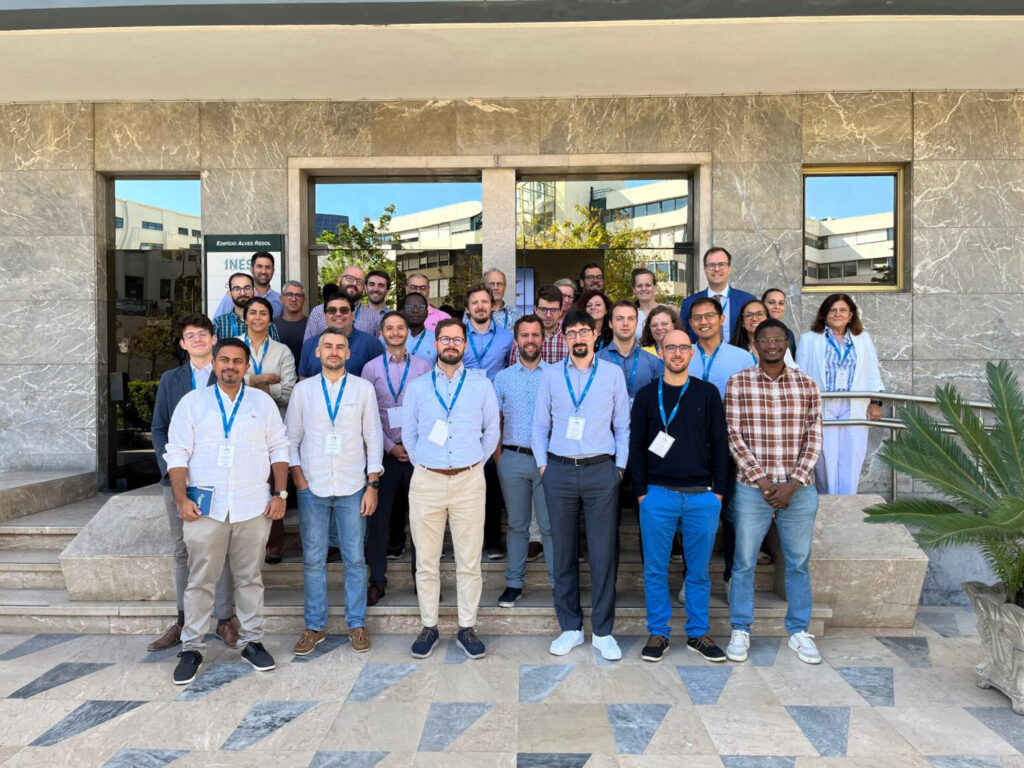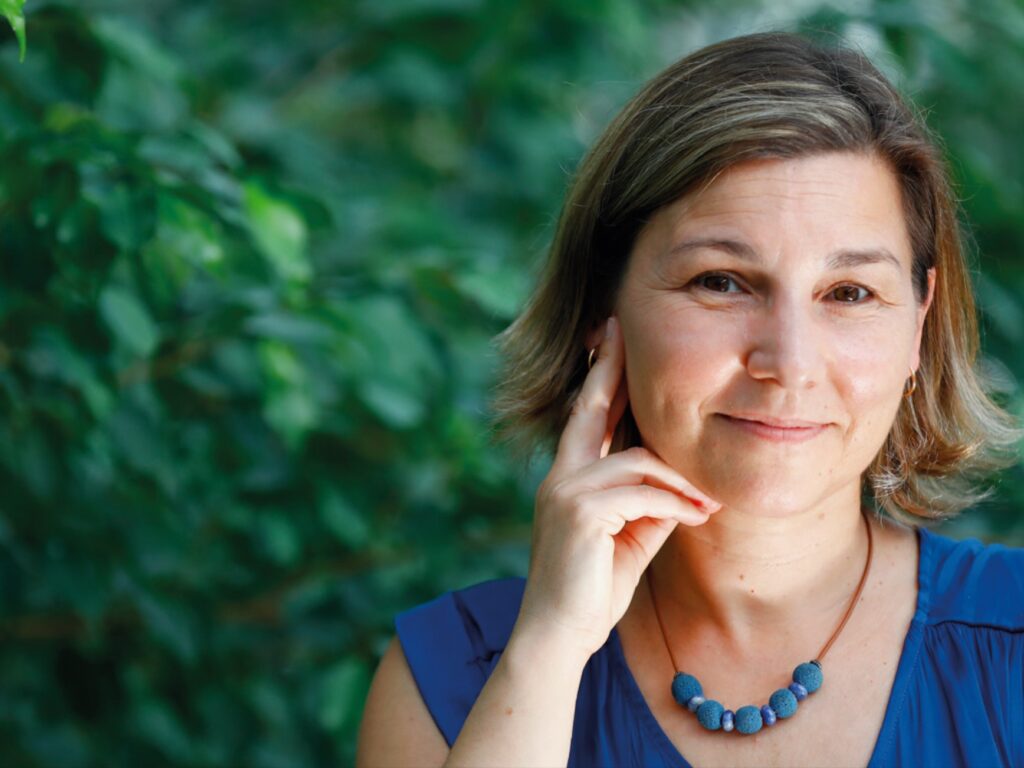In the Media: Inês Lynce Interviewed in the “Diálogos Convergentes” Podcast
“Curiosity, discovery and critical thinking are what’s behind science, and what sets us apart”. That is the take of Inês Lynce, President and researcher at INESC-ID, who recently participated in an episode of “Diálogos Convergentes” (“Convergent Dialogues”), a podcast by Gerador. In this episode, Inês…
3 Questions with Leonel Sousa on INESC Lisboa and its Annual Meeting in 2024
The biggest event in our community is approaching: the 2nd INESC Lisboa Annual Meeting, which will take place on October 25. We have asked three questions to INESC Lisboa director, Leonel Sousa, about the event and the INESC Lisboa community. – Why are these INESC…
Science, families and fun. European Researcher’s Night had it all!
To celebrate science across Europe is the goal of the European Commission’s initiative, European Researchers’ Night (NEI). And that’s exactly how it felt last Friday, the 27th, at Marina de Oeiras – a celebration! At 12 years old, Renata is very sure of what she…
PRR Projects: How can I help you, como posso ajudar, koma podi ajudá?
Who hasn’t had a frustrating experience with a chatbot? If you haven’t, either you’ve never used one, or you’ve interacted in American English or any other of the preferred languages of the big tech companies. It may not be obvious, but developing a conversational agent…
Bridge AI is at full speed: website and major event program are settled
Helena Moniz was born and raised in the Azores islands, and this is not a mere detail when telling the story of how the Bridge AI project, led by INESC-ID, came to life. In response to a call on Science4Policy, opened by Science and Technology…
In the Media: Fábio Passos writes on Jornal i about organ-on-chip technology that could revolutionise modern medicine
Can technology replace animal testing in drug development? A new article, entitled “Integrated circuits that emulate human organs: Organs-on-chip” (“Circuitos integrados que simulam órgãos humanos: Órgãos-em-chip”) was recently published by INESC-ID researcher, in the area of Nano-Electronic Circuits and Systems, Fábio Passos, on Portuguese newspaper,…
Energy Democratisation – INESC-ID Leads U2Demo project, “Peer-to-Peer (P2P) trading and Energy Sharing”
The kick-off meeting of U2Demo took place on September 5th and 6th at INESC-ID and Instituto Superior Técnico Headquarters in Lisbon! It counted with over 30 participants from the project Consortium attending the meeting to discuss future steps and strategies for the following months. U2Demo…
INESC-ID joins the CARMA project (Collaborative Autonomous Robots for eMergency Assistance)
During natural or manmade disasters, a quick and effective response is mandatory to minimise damage and ensure the population’s safety. Whether it’s a medical team employed to assist citizens during an earthquake, or police officers called to a bomb threat, first responders are sent directly…
INESC-ID joins prestigious Marie Curie Doctoral Training Network to enhance Privacy in Smart Speech Technology
How much private information can a single spoken word inadvertently reveal? The rapid growth of smart speech technology is transforming how people access information and applications through the human voice. However, these advancements come with privacy risks. Smart devices like speakers and smartwatches can expose…
In the Media: Inês Lynce discusses Educational and Societal challenges in Computer Science at Visão newsmagazine
In a profound interview at Visão newsmagazine, INESC-ID President, Inês Lynce, discusses the evolution of computational sciences, particularly in relation to Artificial Intelligence (AI), and why the perception of radical change might not be entirely accurate, despite visible advancements. Inês details that while the foundations…


